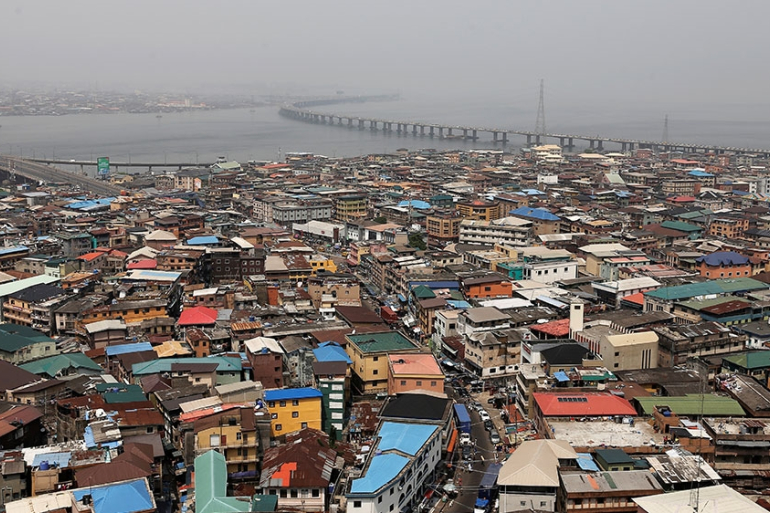By Onyebuchi Sampson
Developmental expert, Lookman Oshodi, has called for inclusion of residents in tracking and monitoring of progress in development of Lagos model plan.
Oshodi spoke on characteristics of Lagos at a forum facilitated as part of COP 26 by Arup, themed: ” Urbanisation and Resilience in Lagos, Capetown and Nairobi: Experiences from the Practitioners”.
Acknowledging, the challenge of engaging more than 28 million people on one on one basis, Oshodi, who is the Project Director, ARCTIC INFRASTRUCTURE, a Lagos based firm, said stressed the need for group consultations.
According to him, group consultations are major tools of engagements by policymakers in the state, but there is a need to expand on this approach to more structural deconcentration that could enhance the ability of the stakeholders to initiate and implement their own development agenda. The Trumpet gathered’
Oshodi, a former vice chairman of Lagos Stat Chapter of Nigerian Institute of Town Planners (NITP), noted that Lagos as a meta city of more than 28 million is facing unprecedented challenges in transportation, housing, waste management, water and sanitation, energy, healthcare and other urban services.
“Being an economy and commercial city-state that not only serves Nigeria but other countries in the West African sub-region, the unprecedented influx of population from these locations is exerting additional pressure on the city’s infrastructure.
“The capacity to meet the needs of the huge number of residents is overwhelming,” he added. Oshodi said the Lagos Resilience Strategy launched in February 2020 has articulated the challenges and outlined the measures of resolving the challenges under three pillars; efficient, enterprise and inclusive city and nine goals.
Read Also: Federal Govt delivers 46 roads to tertiary institutions, says minister
Currently, he revealed that security, safety, energy, water, food, housing, sustainable mobility and disaster risk management are some of the top priorities for residents of Lagos which the relevant authorities need to address frontally.
To him, the model city plans are in a good direction, but more efforts are required to drive the provisions of the plans to the residents of Lagos.
Providing, South Africa’ s perspective, Kathryn Ewing of the University of Cape Town, said community participation is necessary for model city plan and had remained key in driving development to the majority of residents in Cape Town.
Similarly, Rose Muema, a consultant with Impaque Consultants) in Nairobi, Kenya, who shared her experiences on the urbanisation and resilience characteristics of Lagos, Capetown and Nairobi, called for more decentralisation to shape development management in African mega cites.





